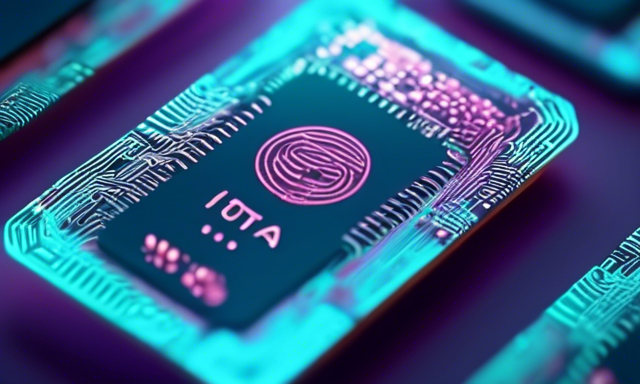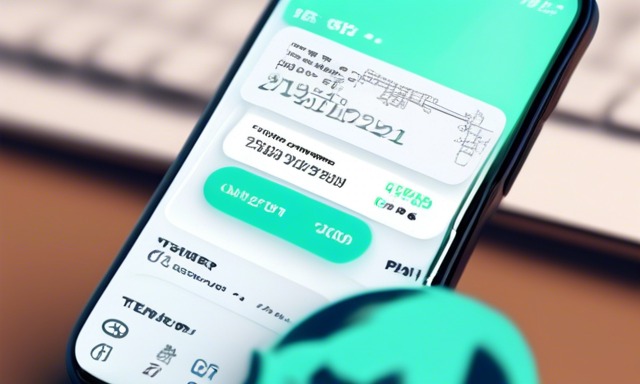Revolutionizing Electronics Industry with IOTA’s Digital Product Passport
The IOTA Foundation has introduced a cutting-edge Digital Product Passport (DPP) prototype to transform the electronics sector by offering a transparent and traceable record of electronic devices from production to recycling, as stated by the IOTA Foundation Blog.
Enhancing Recycling with IOTA Technology
Through the European Blockchain Pre-Commercial Procurement project, IOTA has developed two pre-commercial applications for Digital Product Passports (DPPs) to cater to various circular economy scenarios. The primary goal is to utilize blockchain technology for ensuring data traceability and auditability within the electronics industry. The prototype focuses on maintaining data integrity, complying with regulations, and supporting sustainable recycling methods.
- IOTA developed pre-commercial applications for DPPs under the European Blockchain Pre-Commercial Procurement project
- The primary aim is to utilize blockchain technology for maintaining data traceability and auditability in the electronics sector
- The prototype focuses on ensuring data integrity, regulatory compliance, and supporting sustainable recycling practices
Significance of Digital Product Passports for Electronics
Implementing Digital Product Passports in the electronics industry ensures transparency and traceability throughout the lifecycle of electronic devices, including batteries. The various stages in the lifecycle include raw material acquisition, product manufacturing, product use, and end-of-life treatment, each linked to authenticating and documenting events for enhanced accountability.
- The digital product passport ensures transparency and traceability of electronic devices throughout their lifecycle
- The lifecycle stages include raw material acquisition, product manufacturing, product use, and end-of-life treatment
- Every stage is linked to documents that authenticate and record events, enhancing accountability and verifiability
Prototype of Electronics Digital Product Passport Solution
In collaboration with the Technical University of Catalonia and eReuse, IOTA has developed a prototype solution using Smart Contracts to capture essential data concerning electronic products. This Digital Product Passport tracks the complete lifecycle of electronic devices from their manufacturing phase to the recycling stage.
- The prototype solution was developed in conjunction with the Technical University of Catalonia and eReuse
- It uses Smart Contracts to capture crucial data related to electronic products
The Journey of an Electronic Device’s Digital Product Passport
A hypothetical scenario demonstrates the path of an electronic device through the Digital Product Passport system, starting from the manufacturing phase to the recycling process.
- A manufacturer creates laptops, assigning unique IDs to each device and capturing comprehensive details to establish a Digital Product Passport for individual laptops
- A distribution company records proof of purchase and invoices on the system during the distribution phase
- Retail chains enable consumers to access device information through a unique code via the DPP Viewer webpage
- Maintenance and refurbishment services update the DPP with relevant information, ensuring an updated record of the device’s history
- Recycling companies process end-of-life devices, marking them as e-waste and providing proof of recycling on the blockchain
Upholding Trust and Transparency
The recycling proofs are verified by an auditing firm, ensuring the integrity of the recycling data. The entire system relies on IOTA’s distributed ledger technology to maintain notarized, unchangeable, and verifiable device data, promoting responsible practices in the electronics industry.
Hot Take: Embracing Transparency in Electronics with IOTA’s Digital Product Passport
As a crypto enthusiast, staying informed about innovative solutions like IOTA’s Digital Product Passport can revolutionize how the electronics industry functions, promoting transparency and sustainability in the sector. The integration of blockchain technology to ensure data traceability and accountability sets a new standard for electronic devices, fostering responsible practices and enhancing circular economy initiatives.





 By
By
 By
By
 By
By

